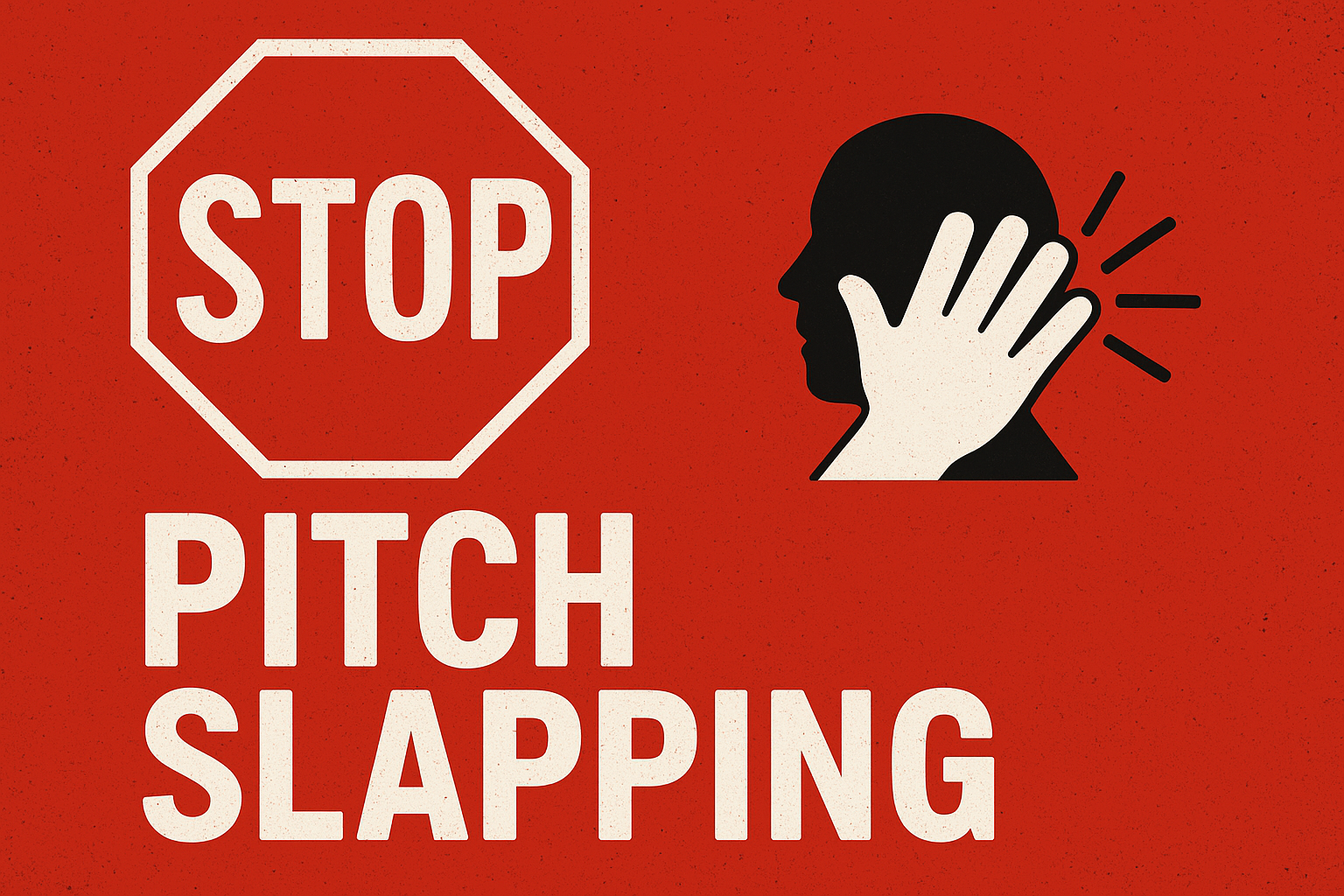
5 Things People Think Are Coaching, But Aren’t

Everyone in sales talks about coaching. It’s on job descriptions, on call agendas, and in performance reviews. But the truth is, most of what’s being passed off as coaching today doesn’t actually help reps grow. It might feel supportive. It might feel like time well spent. But it rarely drives real behavioural change.
And that’s a problem, because sales is one of the few professions where you’re expected to hit ambitious goals without being given space to truly practise or reflect. Coaching should fill that gap. Instead, it often gets replaced with shortcuts.
Here are five things that commonly get mistaken for coaching — but really aren’t.
Let’s start with the most obvious one: telling someone what to do. You might have more experience than your rep. You might even be right about what they should say on a call. But if your version of coaching is just giving answers, it’s not coaching — it’s directing. Reps don’t need scripts handed to them. They need the ability to navigate conversations, think on their feet, and respond to nuance. That only happens when you coach them to think, not just follow.
Then there’s the kind of feedback that sounds insightful but lacks any real impact. Comments like “your tone was off” or “you missed a key opportunity” might be well intentioned, but they’re rarely actionable. Real coaching doesn’t just point out what went wrong. It opens up a conversation about why it happened and how the rep might approach it differently next time. If there’s no context, no dialogue, and no link to their goals, it’s just commentary.
Another common trap is confusing enablement with coaching. Sharing a training deck or a video link might be helpful, but unless there’s a conversation around how the rep is applying that knowledge, it’s not coaching — it’s content delivery. Coaching is interactive. It involves questions, tension, pushback, and support. You can’t replicate that with a Google Drive folder.
A similar issue shows up when managers shadow calls but never follow up. Sitting in on a call without a debrief is surveillance, not support. If there’s no discussion afterwards — no reflection, no shared learning — the rep gains nothing. They’re left to interpret your silence however they want, which usually means either overthinking or shrugging it off. Neither leads to growth.
And finally, there’s praise. Encouragement is important, no doubt. But vague praise like “good job” or “great call” doesn’t reinforce anything useful. Unless you’re naming the behaviour that worked and explaining why it mattered, the compliment doesn’t teach the rep anything. Coaching isn’t just about fixing mistakes — it’s also about recognising what to double down on.
The common thread here is that none of these activities — giving instructions, dropping feedback, sharing links, silently observing, or tossing out praise — are wrong in themselves. They just aren’t coaching unless they’re part of a structured effort to help someone improve through reflection, self-awareness, and intentional development.
Coaching takes time. It requires curiosity, patience, and the willingness to sit in the discomfort of someone else’s learning process. But if you want reps who can think for themselves, adapt to tough buyers, and grow over time — it’s the only thing that works.
So before calling it coaching, ask yourself: did this conversation help the rep think better, not just perform better?
If the answer is no, it might be time to rework your approach.































